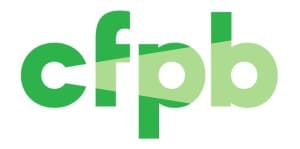A recent survey by the Consumer Financial Protection Bureau (CFPB) shows that more than 40 percent of U.S. citizens are struggling to pay their bills.
The same survey found that certain demographic characteristics such as educational attainment, income and employment status all appear to have a strong correlation with financial well-being.
The National Financial Well-Being Survey was conducted by the CFPB in 2016.
Using a 10 question scale, the survey provides the first-ever national data directly measuring the financial well-being of U.S. consumers.
Upon answering the 10 questions provided, consumers were given a score from 0-100. In the survey, the average consumer score was 54.
The consumer sample used to conduct the survey was designed to be representative of U.S. households. In addition to responding to the questions, people participating in the survey answered questions about a host of other measures.
These measures include individual, household and family characteristics; income and employment; savings and safety nets; financial experiences and money behaviors, skills and attitudes.
One major finding from the survey was that 34 percent of all consumers reported experiencing material hardships in the past year including running out of food, not being able to afford a place to live or lacking the money to seek medical treatment.
Additionally, the survey showed that financial well-being is higher for older adults, especially those aged 65 and older, whose average score was 61. Conversely, younger adults 34 and younger tended to have the lowest financial well-being score with an average of 51.




 |
| 

